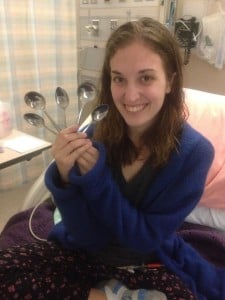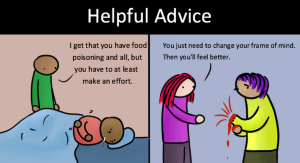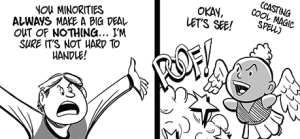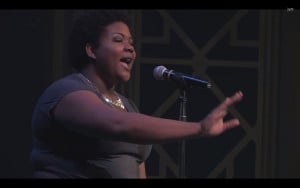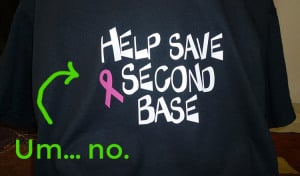I’ve been asked many times, even stopped on the street with the questions, “What advice do you have for talking to young children about sex?”
One of you phrased the dilemma like this: “A child is pure innocence and the idea of explaining sex can be quite daunting, making it very hard to know where to begin and how far to go. Not to mention deciding on what words to use, knowing that they’re likely to be repeating what they learned from you and their school with their friends later. Then it gets back to the other adults that your kid said ‘penis.'”
The organ dangling off the front of the body that sometimes gets hard and shoots out urine is a penis. Your kid called it a penis, high five. Using the correct language isn’t irresponsible. You aren’t bad or inappropriate, you’re honest.
As soon as your little one is learning words like “dog” and “cat,” they can learn, “penis” and “vulva.” Animal names are actually a great gauge for expanding sexual vocabulary. Terms like “vagina,” “scrotum,” “testes,” “anus,” “clitoris,” “intersex,” “sex,” and “diversity,” I would say are the sex term must haves, and can be taught when the kiddo is learning animal words like “gorilla,” “lizard,” “zebra,” and “kangaroo” – because they are similar levels of difficulty, but probably much more valuable to their health and well being, unless they live at Animal Wonders.
My hope is that they learn these words and their meanings from safe, trusted adults who care about them, so get on it. Early childhood sex education is paramount for three reasons. It gives kiddos the essential language skills so they can talk about sexuality and ask questions for the rest of their lives. Secondly, it prepares them for extreme experiences of sexual maturity before they embark upon them. Thirdly, it builds trust in the relationship that you can and will answer their questions earnestly or find a better source if there are gaps in your knowledge.
Kids are testing you, wondering, “Are you going to help me understand, or are you going to dodge my investigation and leave me to explore other outlets like experimentation?” I’m going to help you understand. After language is in place, kids are asking questions. “What’s this? What’s this? What’s this? What’s this?” Your knee jerk reaction might be, “Ah!” It’s okay. It takes practice to not insert a freak-out every time something of sexual intrigue comes out of the mouth of a child. Many of us are trained to follow the pattern “Sex, oh no, okay.” Interestingly, it is actually less work to omit the fear and reservation, and move directly from sex to “It’s okay” and the task of answering the question.
This is a garter belt, it holds up special socks. This is a condom, which covers the penis. This is lipstick to change how my face looks. This is a tampon. Look what it does in the sink. Simple, honest, humble.
Here are some common errors we can try to avoid. Dichotomous language like “boys or girls.” Cisnormative assumptions like “penis means boy” and “vulva means girl.” Or heteronormative language, like “sex is penis in vagina and when mommy loves daddy.”
Let’s also try to avoid beating ourselves up when we do all these things anyway. I’ve made countless errors sex educating. If I trapped myself in shame about that, I wouldn’t move forward. There’d be no Sexplanations, there’d be no Dr. Do. I have to decide to try again and again.
That is a lesson about sexuality in and of itself. There will be thousands of opportunities to try again. Even if kids don’t ask, they still need answers. Kids will engage in fantasy. They’ll engage in masturbation. Touching their peers, and looking at people naked. This is all normal. Your kiddo needs a gentle communication of values and permission so that they maintain the spirit to learn without abusing the sexualities of others.
Today marks the start of Trans Awareness Week. This is a great way to bring up the concept of trans and gender with your kids and your communities. Sex talk, talk, talk. Check out the description for a list of additional resources. Stay curious.






